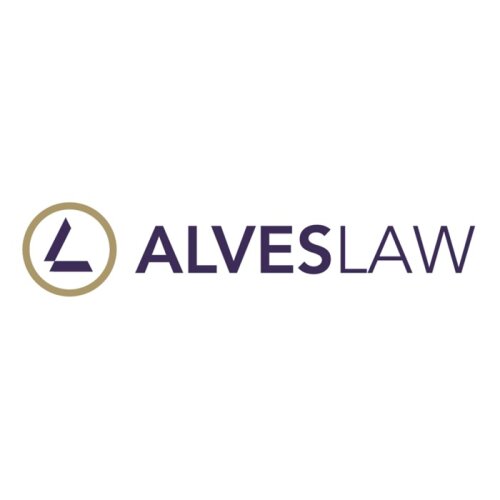Best Lawyers in Oakville
Share your needs with us, get contacted by law firms.
Free. Takes 2 min.
List of the best lawyers in Oakville, Canada
Canada Legal Questions answered by Lawyers
Browse our 2 legal questions in Canada and read the lawyer answers, or ask your own questions for free.
- compensation for injury sustained at resort in Mexico
- On December 6 2025 my wife sustained a serious injury at an all inclusive resort in Mexico. Dislocated ankle and 2 broken bones above the ankle. Shortly after arriving at the resort my wife slipped and fell on a very slippery area rug beside the bed. She was an in-patient... Read more →
-
Lawyer answer by Ascendance International Consulting (A-I-C)
You have a strong claim under Mexican civil‑responsibility law (the Ley de Responsabilidad Civil del Estado y de los particulares) because the resort’s premises were unsafe—an unsecured rug that caused a slip‑and‑fall resulting in a dislocated ankle and two fractures—and...
Read full answer - Hi there,I've been separated for 20yrs,would like to get divorced,
- What's the procedure, or legalities I'm facing, an how can you help?
-
Lawyer answer by mohammad mehdi ghanbari
Hello, Thank you for reaching out. I understand that navigating a divorce after a long period of separation can be a challenging and uncertain process, and I can offer some general guidance on the matter. General Divorce Procedure The first...
Read full answer
Canada Legal Articles
Browse our 20 legal articles in Canada written by expert lawyers.
- How Foreign Subsidiaries in Canada Can Meet 2026 Export Laws
- How Foreign Subsidiaries in Canada Can Comply With 2026 Export Controls Key Takeaways Navigating the 2026 updates to Canadian trade regulations requires foreign subsidiaries to localize their compliance protocols rather than relying entirely on global corporate frameworks. The revised regulatory environment enforces strict localized auditing and screening measures. Distinct Legal... Read more →
- Small Claims Court in Ontario Canada - Guide & Process FAQ
- The financial limit for filing a lawsuit in Ontario Small Claims Court is $35,000 CAD, excluding interest and court costs. Plaintiffs generally have exactly two years from the date the dispute arose to file their claim under the Ontario Limitations Act. Winning a judgment does not mean the court will... Read more →
- How to Claim Personal Injury Damages in Ontario Canada
- Victims have two years from the date of the accident to initiate a lawsuit against the at-fault driver in Ontario. Ontario uses a hybrid system where you receive immediate "no-fault" benefits regardless of who caused the crash, while also retaining the right to sue for additional damages. To successfully sue... Read more →
About hiring a lawyer in Oakville, Canada
Hiring a lawyer in Oakville follows Ontario standards, with a few local considerations. Start by defining your legal issue so you can target lawyers who focus on that area, such as family, real estate, employment, immigration, criminal, wills and estates, or business law. Search the Law Society of Ontario directory to confirm a lawyer or paralegal is licensed and in good standing, and to find professionals who accept new clients. You can verify credentials and find contact details using the Law Society of Ontario public directory at
Lawzana helps you find the best lawyers and law firms in Oakville through a curated and pre-screened list of qualified legal professionals. Our platform offers rankings and detailed profiles of attorneys and law firms, allowing you to compare based on practice areas, experience, and client feedback.
Each profile includes a description of the firm's areas of practice, client reviews, team members and partners, year of establishment, spoken languages, office locations, contact information, social media presence, and any published articles or resources. Most firms on our platform speak English and are experienced in both local and international legal matters.
Get a quote from top-rated law firms in Oakville, Canada — quickly, securely, and without unnecessary hassle.
Disclaimer:
The information provided on this page is for general informational purposes only and does not constitute legal advice. While we strive to ensure the accuracy and relevance of the content, legal information may change over time, and interpretations of the law can vary. You should always consult with a qualified legal professional for advice specific to your situation.
We disclaim all liability for actions taken or not taken based on the content of this page. If you believe any information is incorrect or outdated, please contact us, and we will review and update it where appropriate.
Refine your search by selecting a practice area.



























